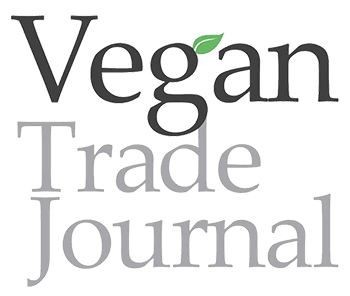The world’s largest food company Nestlé, has teamed up with UK supermarket Tesco on the Global Ghost Gear Initiative (GGGI), to help deal with the 640,000 tonnes of fishing equipment that ends up in the world’s oceans every year.
The GGGI was founded in 2015, and is a coalition of companies and non-governmental organisations to help tackle the problem of discarded fishing paraphernalia, otherwise known as ghost fishing gear.
As well as Tesco and Nestlé joining the initiative, the GGGI has pledged to double the financial commitment from members, supporting organisations and governments to $2 million in 2019, to address the problems of ghost gear, with a focus on developing countries.
In addition to this, 30 projects in 15 countries will be supported by the coalition by 2025 to help resolve the problem of ghost fishing gear.
Ingrid Giskes, global head of sea change at World Animal Protection, said: “host gear is recognised as a key issue that we need to tackle if we want to ensure sustainable fish stick levels, and clean and thriving oceans.
“I am delighted that large corporate partners and governments alike are committing resources to ensure that we can use our collective impact to make a real dent in the targets for the Sustainable Development Goals.
“The commitments announced today will help ensure that we will achieve a net reduction of the amount of ghost gear in our oceans – by preventing more from entering and removing what is already there.”
Ghost fishing gear is reportedly accountable for up to a 30 per cent decline in some fish stocks, and discarded fishing equipment is attributed to the harm caused to many other species of marine life.
With 91 members in total, Tesco and Nestlé join Sainsbury’s, Marks and Spencer, Lidl, Waitrose and Morrisons in tackling the problem of host fishing gear.

